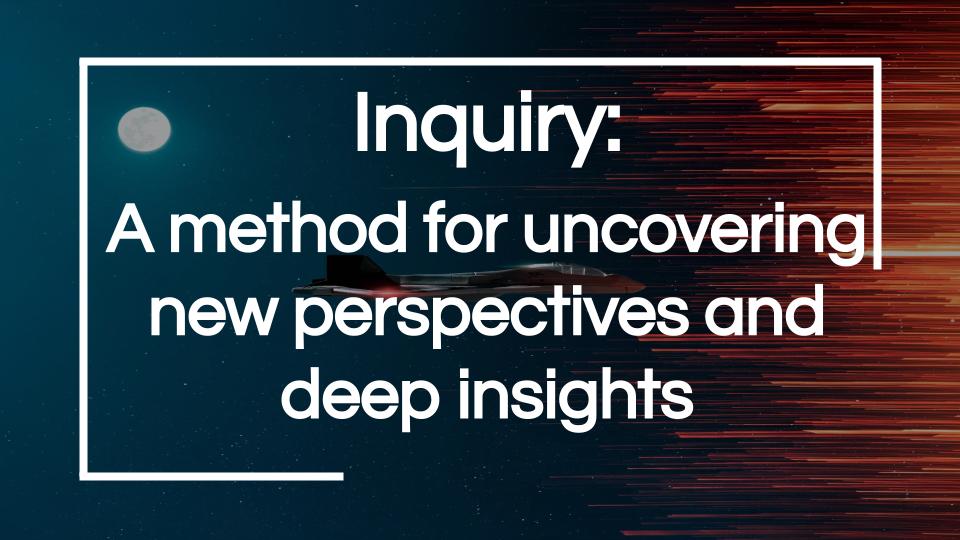Shoshin (or “beginner’s mind”) reminds us that each moment is fresh and has the potential to teach us something new. This attitude can help us learn faster, become more engaged in life and build more authentic relationships.
“In the beginner’s mind there are many possibilities, but in the expert’s there are few”
– Shunryu Suzuki
The problem with being an expert
When we operate from the “expert’s mind”, our present moment experience gets overlaid with beliefs and experiences from the past. We put everything into familiar boxes and then we start relating to those concepts rather than to the reality that is right in front of us. In other words, we don’t perceive the freshness of the moment. We think we have seen it all before, and that there is nothing new to be discovered. Our creativity falls asleep and our experience feels static and life-less.
This is a cognitive strategy that helps us filter out irrelevant information and be efficient in the world. When we take the role of the expert, we see no reason to question old assumptions or to look for new perspectives. A study published in the Journal of Experimental Social Psychology show a correlation between the self-perception of expertise and close-minded cognition (“The earned dogmatism effect” published in the Journal of Experimental Social Psychology).
On top of this, we tend to fall into the confirmation bias where once we have formed an opinion about something, we tend to only take in information that confirms what we already know. We get increasingly invested in our position, to the point where we are unable to listen to people with altering views without becoming defensive. When we are in the mind of the expert, we are more concerned with “being right” than we are with learning and “doing what’s right”. This mindset is a key explanation for the dangerous polarisation that we see playing out all around us.
Shoshin as an antidote to boredom and stagnation
By contrast, when we hold our beliefs and ideas with lightness and curiosity, new perspectives tend to open up. We find renewed interest and curiosity – even wonder! We are seeing with fresh eyes, as if we experience something for the first time.
This is not to say that expertise is bad or that we should avoid knowledge – it is about the attitude we take toward knowledge. Letting go of fixed ideas and answers brings about a relief. We no longer feel the need to know all the answers. We can rest in the not-knowing, being open to new perspectives and insights. This is the source of creativity.
And finally, a beginner’s mindset is a powerful way to strengthen relationships and to deepen connections. When we bring this attitude to social interactions, other people become more interesting. We stop insisting that the they should fit our mental models and preconceived ideas. The whole relationship begins to open up. Think about it. How does it feel to be deeply seen for who you are, without prejudice? How does it feel when someone is truly present and open to your perspective?
Inquiry
The beginner’s mind is a prerequisite for inquiry. So what better could be a better topic to inquire into?
This week, I invite you to reflect on the attitude of the beginner’s mind. Take 10-15 minutes to explore the questions below (or related questions that feel alive in you). See if you can approach the inquiry itself as an opportunity to cultivate the beginner’s mind. You can do this exercise verbally or through journaling, along or with fellow explorers.
When do you tend to fall into the expert’s mind? How does it feel when you fixate on ready-made answers? In contrast, how does it feel to be curious and open to new ideas? In what areas of life can you invite more of the beginner’s mind? What would you have to give up in order to be a “beginner”?
Check out this Frame to learn more about the process of Inquiry:

Video version of this Frame:
